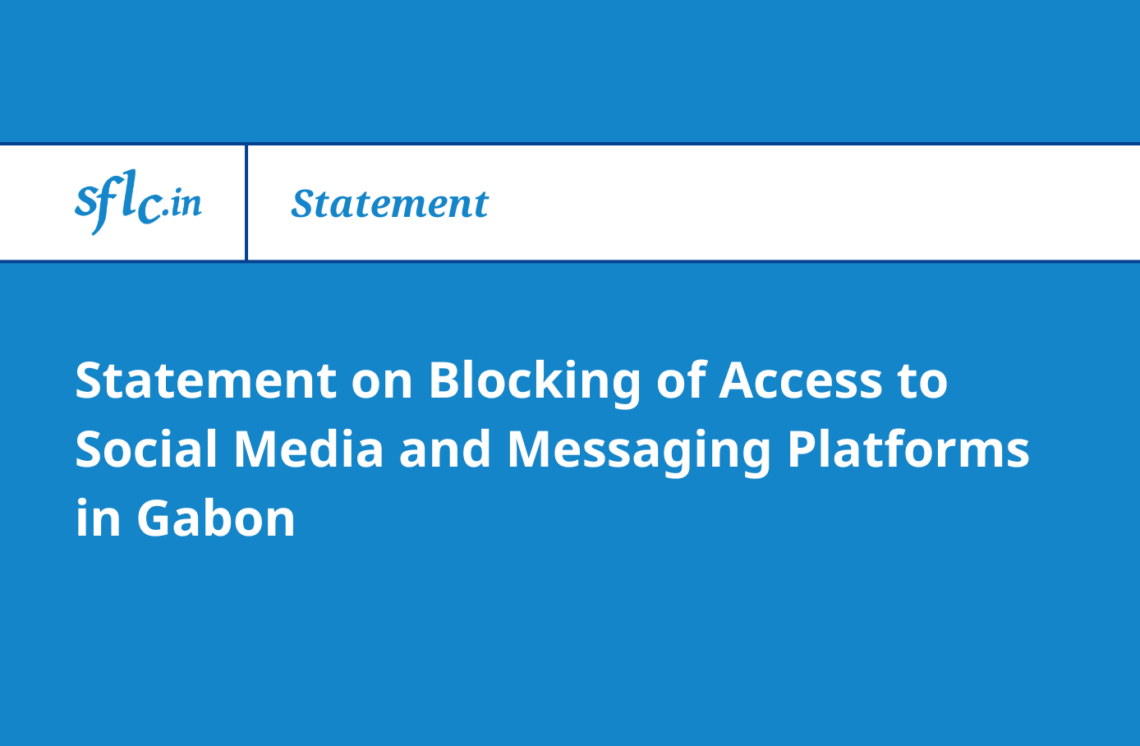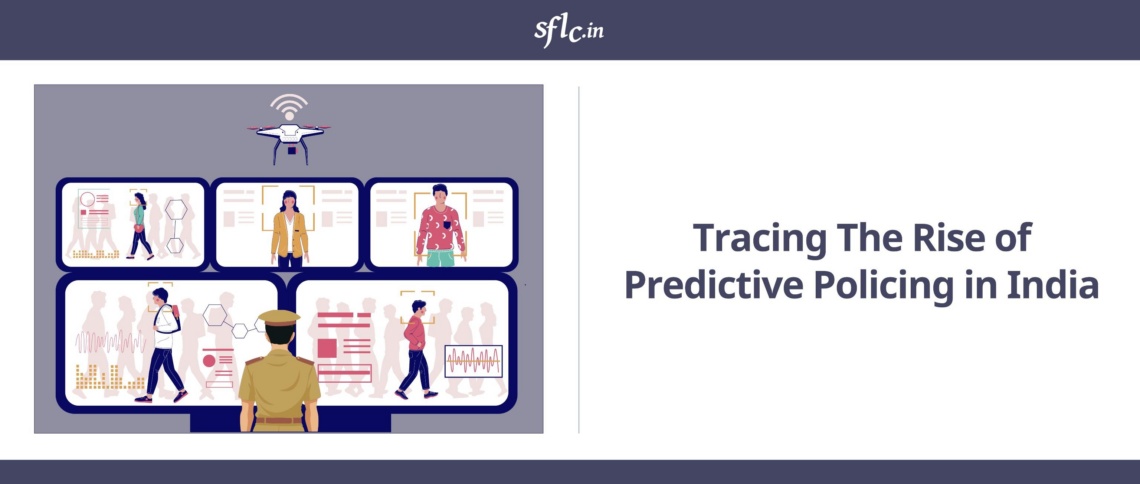On day 25 of the final Aadhaar hearing, Attorney General, Mr. Venugopal continued reading from a note on biometrics (Thom v. New York Stock Exchange). The full note is available here. Justice Chandrachud expressed doubt on whether Aadhaar meets the test of proportionality as Section 2(g) of the Aadhaar Act is open ended and the administrative authority has the power to define “biological attributes.” While reading the note, Mr. Venugopal also remarked that finger imaging technology is 99.9% accurate.
Next, Mr. Venugopal read out excerpts from an article on finger imaging published in the Fordham Urban Law Journal. The full article can be accessed here. Concluding his argument on fingerprinting technology, he submitted that biometrics technology is a safe and secure way to combat issues such as money laundering, bank frauds, income tax evasion and providing direct subsidies to beneficiaries. Justice Sikri refuted Mr. Venugopal’s argument that bank frauds are caused because of multiple identities. Justice Chandrachud intejected and said that Aadhaar will not prevent bank frauds and can at the most be useful in providing benefits under Section 7. Mere legitimate state interest does not ensure proportionality, he commented. Mr. Venugopal remarked that Aadhaar will help reducing income disparity and elimination of poverty, to which Justice Sikri pointed out that the income gap is widening and more than seventy percent income is in the hands of one percent of the population. Justice Chandrachud reiterated that proportionality is key and the question that should be asked is how far can the State cast the net of Aadhaar. Justice Sikri observed that the State cannot assume that the entire population consists of defaulters and violaters and there is no logic in the State asking for everyone to link their SIM cards to Aadhaar. Mr. Venugopal replied that the purpose of that is to prevent terrorism. Justice Chandrachud expressed his disbelief at the Attorney General’s statement and remarked that terrorists do not apply to get SIM cards.
In his next submission, Mr. Venugopal submitted that the court, in the present case, needs to balance two competing rights: right to live a life of dignity which includes right to food, employment and medical care and the right to privacy. He questioned whether right to privacy can be invoked to deprive other sections of the society and mentioned that the invasion of privacy in the case of Aadhaar is so minimal that it cannot even be considered an invasion. Mr. Venugopal cited X v. Hospital Z wherein the appellant was suffering from HIV and had the right to non disclosure of this fact. However, the court had held that his fiance had the right to know about this information. Justice Sikri disagreed and said that the State cannot give a person food in exchange of their privacy. Mr. Venugopal explained that the bare requirements for identification of an individual is alone taken and to the extent that the technology permits. He asked “Should people have the basic right to life under Article 21? Can it ever be challenged on the ground that individuals have a right to privacy?” To this Justice Bhushan remarked that minimal invasion is subjective. What might be minimal for someone might not be minimal for someone else.
Justice Chandrachud pointed out that three things have to be looked at in Aadhaar: informed consent, purpose limitation and security. He also mentioned that we have to look at what proportionality means since it has not been defined in the Puttaswamy judgment. Mr. Venugopal stated that without the minimal information that is collected, the architecture of Aadhaar could not have been framed and sections 29(a) and (b) contain the required purpose limitation. He also asserted that Aadhaar was voluntary when it was rolled out, and therefore no question of coercion arises, as informed consent was implied. Justice Chandrachud observed that the State’s argument to save the validity of the Act does not take into account what happened before the Act was passed. There was no protection for citizens’ at that time and the Aadhaar Act does not have any retrospective effect. Senior Counsel, Rakesh Dwivedi interjected and said that a proof of concept study was conducted in rural areas before Aadhaar was decided upon. He also mentioned that the Information Technology Act, after the 2009 amendment empowered the use of Aadhaar for the purpose of e-commerce.
Lastly, Justice Khanwilkar asked whether biometrics locking option is available for individuals who do not want to use Aadhaar. Mr. Divan interjected and said that there is no way to opt out of the Aadhaar system even though the facility to lock your biometrics is available.
The next hearing will take place on Tuesday, April 10, 2018.



